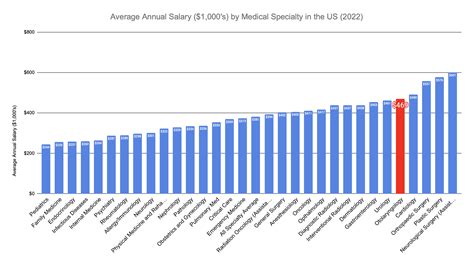Wishing One Good Health

Wishing one good health is a universal sentiment that transcends cultural and linguistic barriers. It is an expression of goodwill, empathy, and concern for another person's well-being. In today's fast-paced world, where stress and anxiety have become omnipresent, the importance of good health cannot be overstated. As the World Health Organization (WHO) defines it, health is "a state of complete physical, mental, and social well-being and not merely the absence of disease or infirmity." This comprehensive definition underscores the multifaceted nature of health, which encompasses not only physical but also mental and social dimensions.
Understanding the Concept of Good Health

Good health is foundational to living a fulfilling and productive life. It enables individuals to participate fully in their daily activities, maintain strong relationships, and contribute positively to their communities. The pursuit of good health involves adopting a holistic approach that includes a balanced diet, regular physical activity, adequate sleep, and stress management. Moreover, it requires access to quality healthcare services, a safe environment, and a supportive social network. The interplay between these factors is complex, and their impact on an individual’s health can vary significantly based on personal circumstances, lifestyle choices, and socioeconomic status.
The Importance of Mental Health
Mental health is an integral component of overall well-being, often overlooked until it becomes a significant issue. The prevalence of mental health disorders, such as depression and anxiety, has been on the rise globally, affecting people of all ages and backgrounds. It is essential to recognize the signs of mental distress and seek help when needed. Strategies for maintaining good mental health include practicing mindfulness, engaging in activities that bring joy, maintaining a healthy work-life balance, and seeking professional help when necessary. The stigma surrounding mental health issues must be addressed through education and open dialogue, encouraging individuals to speak freely about their struggles and seek support without fear of judgment.
| Health Dimension | Key Factors |
|---|---|
| Physical Health | Diet, Exercise, Sleep, Healthcare Access |
| Mental Health | Stress Management, Mindfulness, Social Support, Professional Help |
| Social Health | Relationships, Community Engagement, Socioeconomic Status, Education |

Key Points
- Good health encompasses physical, mental, and social dimensions, requiring a holistic approach for its maintenance and improvement.
- Mental health is equally important as physical health, and its neglect can have profound consequences on an individual's quality of life.
- Access to quality healthcare, a safe environment, and a supportive social network are crucial factors in achieving and sustaining good health.
- Lifestyle choices, including diet, exercise, sleep, and stress management, play a significant role in determining one's health status.
- Addressing the stigma associated with mental health issues through education and open conversation is vital for encouraging individuals to seek help when needed.
Strategies for Achieving Good Health

Achieving good health is a lifelong journey that requires commitment, awareness, and action. It begins with setting realistic health goals and developing strategies to achieve them. For instance, incorporating physical activity into one’s daily routine can be as simple as taking the stairs instead of the elevator or going for a short walk during lunch breaks. A balanced diet rich in fruits, vegetables, whole grains, and lean proteins is essential for providing the body with the necessary nutrients for optimal functioning. Furthermore, managing stress through techniques like meditation, deep breathing, or yoga can help mitigate its negative impacts on both physical and mental health.
The Role of Healthcare Systems
Healthcare systems play a pivotal role in ensuring that individuals have access to the care they need to maintain or improve their health. This includes preventive services like vaccinations and screenings, as well as diagnostic and treatment services for illnesses. The effectiveness of a healthcare system can be measured by its accessibility, quality, and responsiveness to the needs of the population it serves. Challenges faced by healthcare systems worldwide include resource constraints, inequalities in access to care, and the need for continuous innovation to address emerging health issues.
Wishing one good health is not merely a sentiment; it is a call to action. It encourages individuals to prioritize their well-being, seek help when needed, and support others in their health journeys. By fostering a culture that values health in all its dimensions, we can work towards creating communities where everyone has the opportunity to thrive.
What are the key factors that contribute to good health?
+Good health is influenced by a combination of factors including physical activity, diet, sleep, access to healthcare, mental health, and social relationships.
Why is mental health important for overall well-being?
+Mental health is crucial because it affects how individuals think, feel, and behave. It influences their ability to cope with stress, make healthy choices, and engage in productive activities.
How can one prioritize their health in a busy lifestyle?
+Prioritizing health in a busy lifestyle involves making conscious choices such as scheduling time for physical activity, preparing healthy meals in advance, and practicing stress management techniques.
Meta Description: Discover the importance of good health and strategies for achieving it, including physical activity, mental well-being, and access to quality healthcare.



